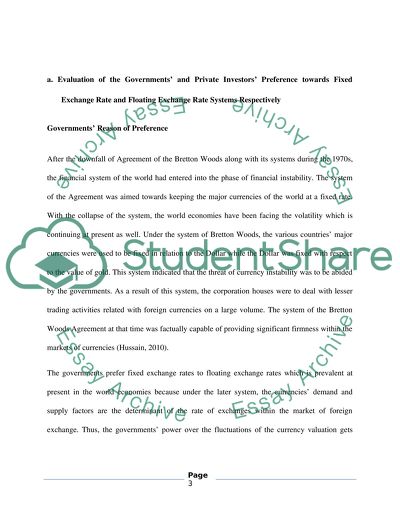Cite this document
(“International finance Assignment Example | Topics and Well Written Essays - 2250 words”, n.d.)
Retrieved from https://studentshare.org/other/1426745-international-finance
Retrieved from https://studentshare.org/other/1426745-international-finance
(International Finance Assignment Example | Topics and Well Written Essays - 2250 Words)
https://studentshare.org/other/1426745-international-finance.
https://studentshare.org/other/1426745-international-finance.
“International Finance Assignment Example | Topics and Well Written Essays - 2250 Words”, n.d. https://studentshare.org/other/1426745-international-finance.


